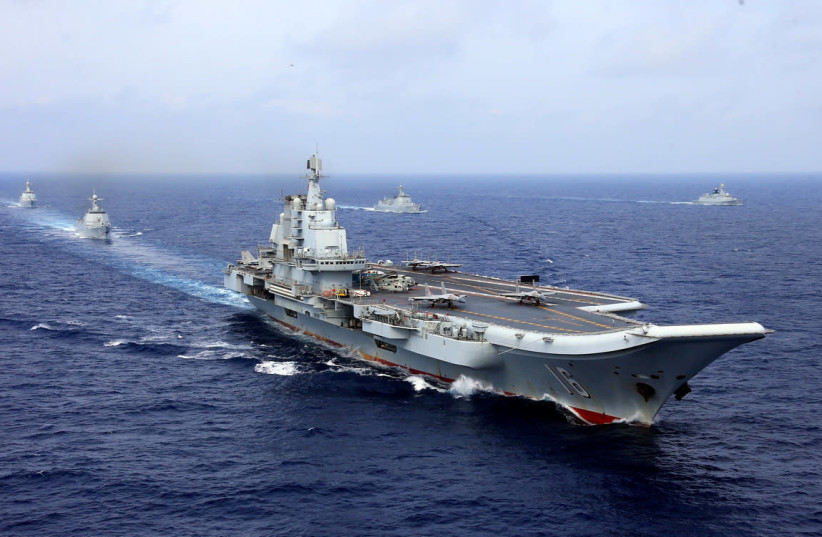The United States Central Intelligence Agency released its Annual Threat Assessment for 2022, a report highlighting concerns about key adversaries based on the consensus of the Intelligence Community with a focus on "direct, serious threats to the United States during the next year."
The report noted that while it is not a complete assessment of all the challenges facing the US and "notably excludes assessments of US adversaries’ vulnerabilities," it takes into consideration "functional concerns," including cyber threats - primarily from China and Russia - and weapons of mass destruction (WMDs).
"Competition and potential conflict between nation-states remain a critical national security threat," the report said, adding that China, Russia, Iran and North Korea have the intention and ability to advance their own interests at the US and its allies' expense.
The report described Iran as a "regional menace" conducting harmful operations overseas in order to gain influence.
The report added that while North Korea continues its weapons proliferation and disruptive regional and global actions, America and its allies face increased risks as rivals challenge conventional forms of deterrence.

The assessment also projected that the COVID-19 pandemic will have a lasting impact on the world, "fueling humanitarian and economic crises, political unrest and geopolitical competition" while China and Russia engage in "vaccine diplomacy" using COVID-19 vaccines to gain geopolitical leverage.
The report also emphasized the importance of increasing security in space and minimizing the risk of a conflict that would "affect every state’s ability to safely operate in space."
